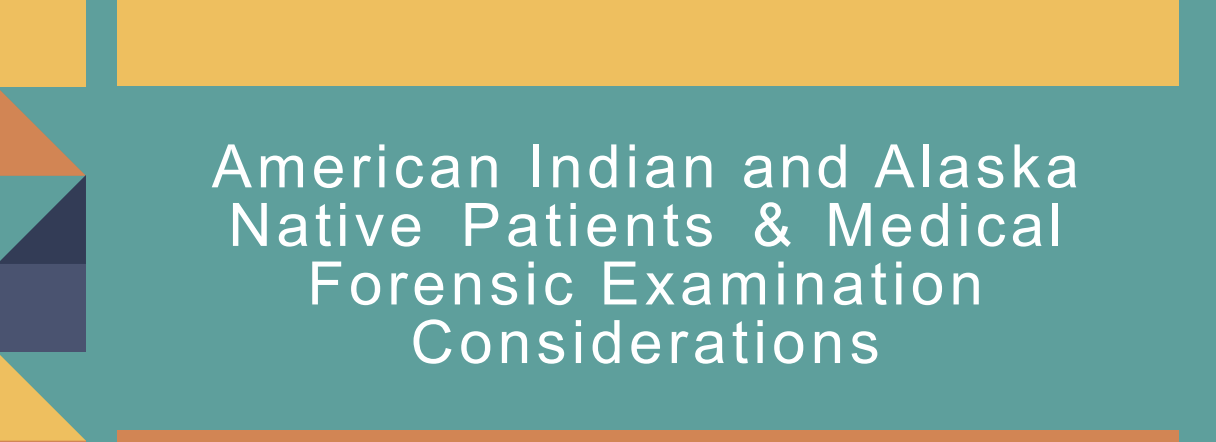
Native American Elder Justice Initiative
What is Elder Justice?
Elder justice is the commitment to ensuring the safety, well-being, and rights of older adults, specifically focusing on addressing and preventing abuse, neglect, and exploitation.
In January 2023, the Administration for Community Living (ACL) awarded a new cooperative agreement to the International Association for Indigenous Aging (IA2) to operate ACL’s Native American Elder Justice Initiative National Resource Center. The Native American Elder Justice Initiative (NAEJI) promotes locally tailored, culturally relevant activities to address the abuse, neglect, and exploitation of American Indian, Alaska Native, and Native Hawaiian (AI/AN/NH) elders and promote justice for the nation’s Indigenous elders.
Most cases of Elder abuse are undetected, under reported, and unresolved resulting in injury, financial decimation, and even death. The Native American Elder Justice Initiative was created to address the lack of culturally appropriate information and community education materials on Elder abuse, neglect, and exploitation in Indian Country.
Elder Abuse Codes
Elder abuse codes are key legal tools for identifying and preventing various forms of senior mistreatment, adapted for cultural sensitivity in indigenous communities
State & Tribal Hotlines
This hotline center offers vital information on elder abuse hotlines, providing support and resources for Native communities.
NAEJI Trainings
Educational modules to train those in Indian Country to identify, address elder abuse, and provide culturally sensitive support to Indigenous elders.
NAEJI Resources
Supporting Native American elders through advocacy, education, and resources for safeguarding their rights and dignity.
Insights
Enhancing justice and dignity in Indian Country with vital insights on elder abuse prevention.
Join Our Mailing List - NAEJI
Sign up today for IASquared & NAEJI Communications
The Native American Elder Justice Initiative is supported by grant number HHS-2021-ACL-AOA-IERC-0034, and a cooperative agreement with the Administration for Community Living (ACL) of the U.S. Department of Health and Human Services (HHS). Any information, content, or conclusions on this website are those of the authors and should not be construed as the official position or policy of, nor should any endorsements be inferred by the ACL, HHS, or the U.S. Government.
301-861-0632 ext. 705

